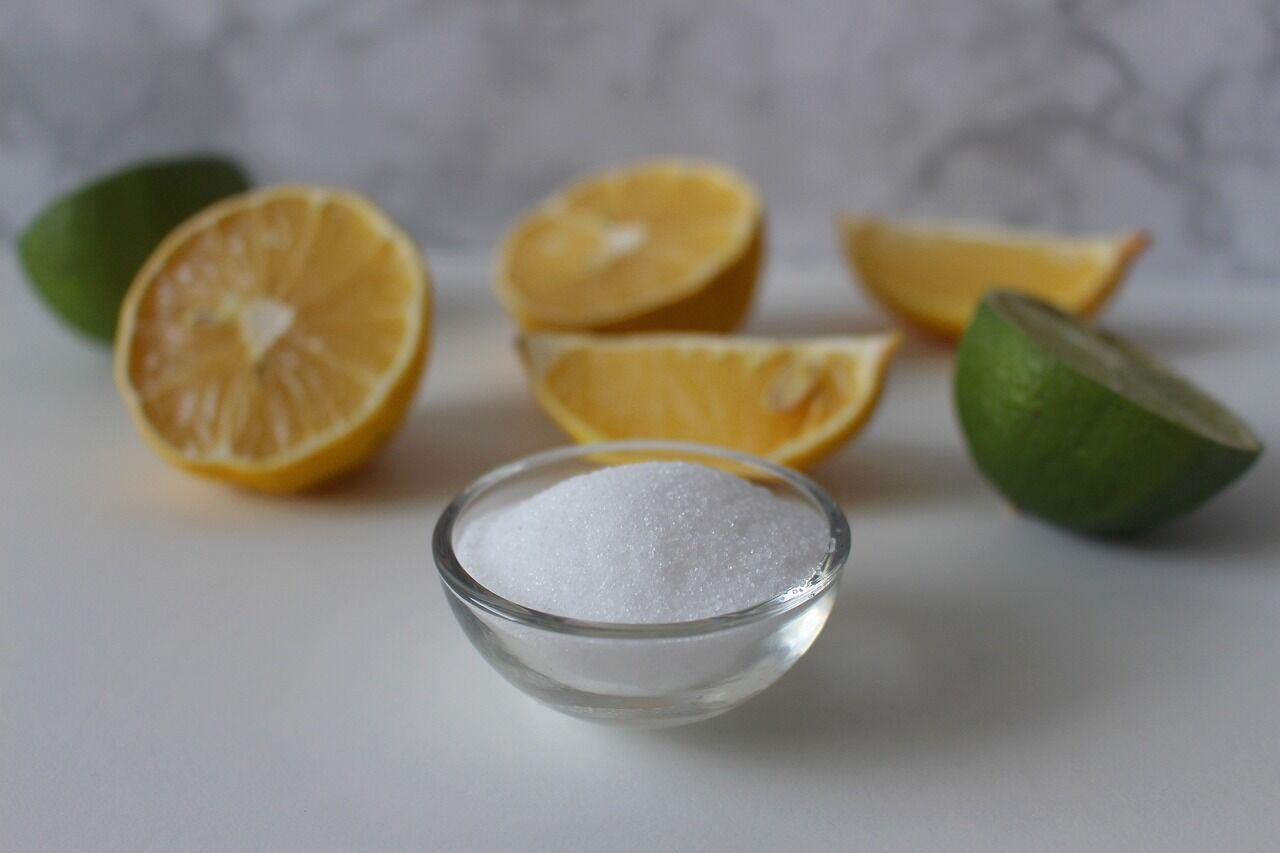News
More environmentally friendly than even vinegar: how to clean limescale and rust in the kitchen
When it comes to natural ingredients, vinegar is often cited as the best non-toxic cleaning solution. This liquid can scrub surfaces to a shine, remove stains from clothing, and even safely kill pests. Vinegar is more environmentally friendly than store-bought remedies.
However, vinegar may not be able to deal with limescale and outdated rust. The House Digest publication has outlined an effective alternative.
Why citric acid is effective
Citric acid is also a powerful natural cleaner that is even more environmentally friendly than vinegar. While vinegar is technically biodegradable, it is about 53 times more impactful to the environment than citric acid. That's because it takes much more water to neutralize acetic acid, the main ingredient in white vinegar, than it does to neutralize citric acid.
The citric acid production process is natural and has very little negative impact on the environment. The process of vinegar production usually involves fermentation of sugar to form alcohol and acetic acid. However, some types of vinegar sold in stores today are actually produced synthetically using petroleum.
Citric acid as a cleaner
Citric acid works well as a descaler and is excellent at scrubbing away plaque, rust, and other mineral deposits.
In the kitchen, citric acid effectively removes plaque from the dishwasher, cleans stainless steel sinks, and removes coffee residue and limescale from the coffee pot and electric kettle. Citric acid is known for its antibacterial and antifungal properties, and it is very effective at cleaning mold and bacteria.
In the bathroom, citric acid is effective for cleaning dirt from the toilet bowl and descaling the shower funnel. Running diluted citric acid through a washing machine can remove the buildup of powder, soap, and hard water.
You can use citric acid in its pure form, diluted with water or with detergent. Although this acid is safe and non-toxic, it is still best to use gloves and avoid skin contact as the acidity can cause irritation.
Where citric acid should not be used
On wood floors, copper, brass, marble, granite, stone and some types of upholstery, it is best not to use citric acid. Because of its corrosive properties, citric acid can damage these surfaces, so it is better to clean them with other household cleaners.
Acid should not be mixed with other cleaning chemicals, especially bleach. When bleach is mixed with acids, chlorine gas can be formed, which can have very dangerous health consequences even with a small exposure.
Subscribe to OBOZ.UA channels in Telegram and Viber to be aware of the latest events.




























